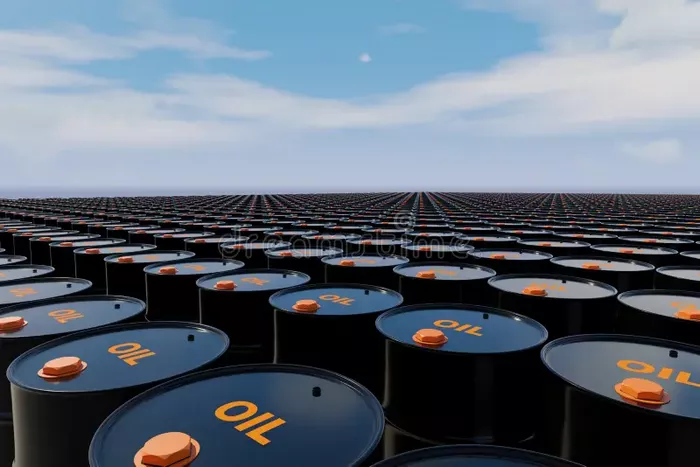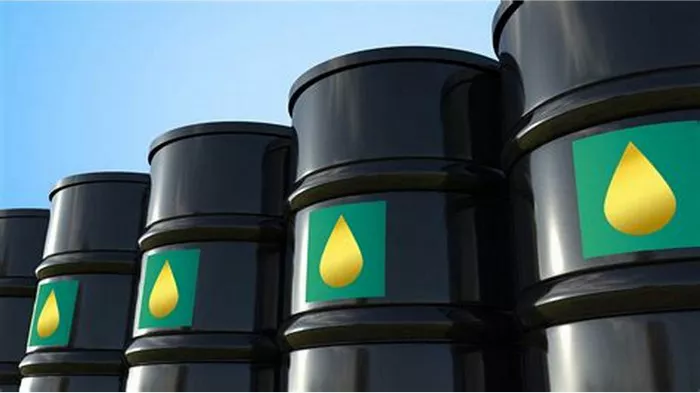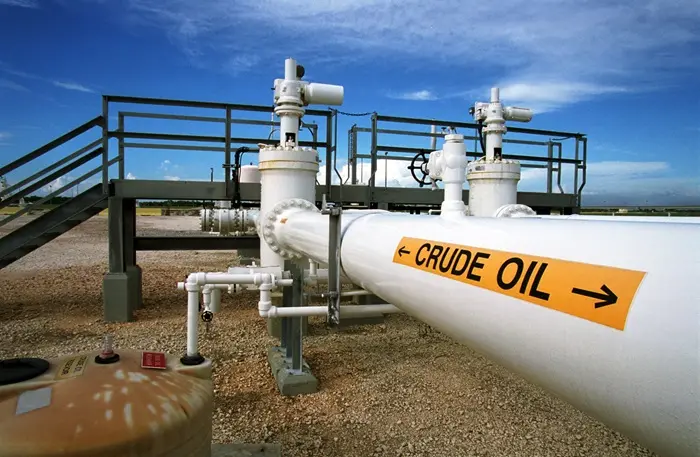Crude oil is one of the most vital natural resources in the world. It plays a crucial role in the global economy, influencing various sectors such as energy, transportation, and manufacturing. Understanding the advantages of crude oil can provide insights into its significance and the reasons for its continued demand. This article will explore the benefits of crude oil, its applications, and its impact on the global market.
Overview of Crude Oil
What is Crude Oil?
Crude oil is a naturally occurring fossil fuel found deep beneath the Earth’s surface. It is formed from the remains of ancient marine organisms that have been subjected to heat and pressure over millions of years. Crude oil varies in composition and quality, leading to different classifications, such as light, medium, and heavy crude.
The Process of Extraction
Crude oil extraction involves drilling wells into oil reservoirs. Once extracted, crude oil is transported to refineries, where it is processed into various petroleum products. These products include gasoline, diesel, jet fuel, heating oil, and petrochemicals.
Advantages of Crude Oil
Crude oil offers numerous advantages, making it a highly sought-after commodity. Below are some of the key benefits associated with crude oil.
1. Energy Production
Primary Source of Energy
Crude oil is one of the primary sources of energy in the world. It accounts for a significant portion of global energy consumption.
Electricity Generation: Oil is used in power plants to generate electricity, particularly in regions where other energy sources are limited.
Transportation Fuel: It fuels vehicles, planes, ships, and trains, making it essential for the transportation sector.
Reliability
Crude oil is known for its reliability as an energy source.
Consistent Supply: Many countries maintain strategic reserves to ensure a stable supply during crises.
Versatile Applications: It can be used in various forms, from direct combustion to conversion into electricity.
2. Economic Benefits
Job Creation
The crude oil industry contributes significantly to job creation.
Employment Opportunities: It provides jobs in exploration, extraction, transportation, refining, and distribution.
Local Economies: Oil production can stimulate local economies by creating support industries and infrastructure.
Revenue Generation
Crude oil is a substantial source of revenue for many countries.
Export Earnings: Countries rich in oil can generate significant income through exports.
Taxes and Royalties: Governments benefit from taxes and royalties collected from oil companies.
3. Industrial Applications
Petrochemicals
Crude oil is a vital raw material for producing petrochemicals, which are the building blocks for various products.
Plastics: Many plastics are derived from petrochemicals made from crude oil.
Fertilizers: The agricultural industry relies on petrochemicals for fertilizers and pesticides.
Manufacturing
Crude oil fuels various manufacturing processes, enhancing productivity and efficiency.
Heat Generation: It is used to generate heat for manufacturing processes, including steel and cement production.
Lubricants: Crude oil-derived lubricants are essential for machinery operation and maintenance.
4. Transportation Infrastructure
Fuel for Transportation
Crude oil provides fuel for various transportation modes.
Gasoline and Diesel: These fuels power cars, trucks, and buses, facilitating trade and mobility.
Aviation Fuel: Jet fuel derived from crude oil is crucial for air travel.
Global Trade
The transportation of crude oil and petroleum products is essential for global trade.
Shipping: Oil tankers transport crude oil across the world, supporting international commerce.
Logistics: The industry creates a robust logistics network that connects producers and consumers.
5. Technological Advancements
Innovation in Extraction Techniques
The crude oil industry has driven technological advancements in extraction and refining processes.
Enhanced Oil Recovery: Techniques such as hydraulic fracturing and horizontal drilling increase the efficiency of oil extraction.
Refining Technologies: Innovations in refining have improved the quality of petroleum products and reduced environmental impacts.
Renewable Energy Integration
As the world shifts towards renewable energy, crude oil companies are investing in technologies to integrate renewable sources.
Hybrid Technologies: Some companies are developing hybrid systems that combine crude oil with renewable energy sources.
Research and Development: The industry is investing in R&D to create cleaner extraction and refining processes.
See Also: Where Does Crude Oil Form?
6. Global Stability
Geopolitical Influence
Crude oil plays a significant role in global geopolitics.
Energy Security: Nations that control oil reserves can influence global energy security and political relationships.
Strategic Alliances: Oil-rich countries often form alliances based on energy needs and security.
Economic Stability
Stable crude oil prices contribute to overall economic stability.
Predictable Revenue: For oil-exporting countries, stable oil prices lead to predictable government revenue.
Investment Attraction: Stability in oil prices attracts foreign investment in the energy sector.
7. Flexibility and Adaptability
Diverse Energy Mix
Crude oil’s versatility allows it to be part of a diverse energy mix.
Complementing Renewables: It can complement renewable energy sources during transitional periods.
Fuel Blending: Oil can be blended with other fuels to enhance performance and reduce emissions.
Supply Chain Flexibility
The crude oil supply chain is adaptable to changing market conditions.
Storage Options: Oil can be stored for future use, allowing companies to manage supply based on demand fluctuations.
Transport Modalities: Various transport methods (pipelines, tankers, trucks) provide flexibility in distribution.
8. Environmental Considerations
Innovations in Clean Technology
The crude oil industry is investing in clean technologies to minimize environmental impacts.
Carbon Capture: Technologies are being developed to capture carbon emissions from oil production and refining.
Cleaner Fuels: Advances in refining have led to cleaner-burning fuels, reducing air pollution.
Transition Strategies
As the world shifts towards sustainability, the crude oil industry is exploring transition strategies.
Diversification: Many oil companies are diversifying their portfolios to include renewable energy investments.
Sustainability Goals: Companies are setting sustainability targets to reduce their carbon footprint and environmental impact.
Conclusion
Crude oil remains a cornerstone of the global economy, providing numerous advantages that extend beyond energy production. From job creation and economic stability to technological advancements and industrial applications, crude oil plays an integral role in modern society. As the world navigates the transition to renewable energy, the crude oil industry continues to evolve, investing in cleaner technologies and exploring sustainable practices.
Understanding the advantages of crude oil is essential for grasping its significance in the global market. While challenges exist, such as environmental concerns and market volatility, the benefits of crude oil continue to make it a valuable resource. As we look to the future, the crude oil industry will likely play a vital role in shaping energy policies, economic development, and technological innovation.
Related topics:

































